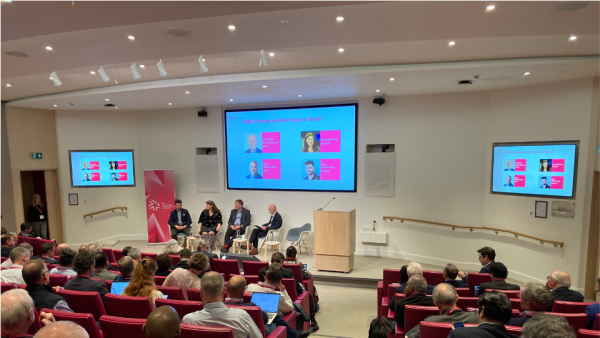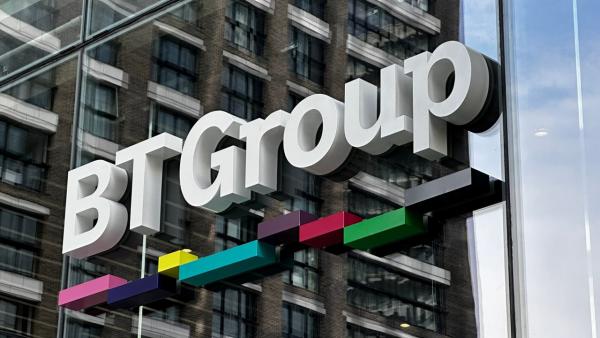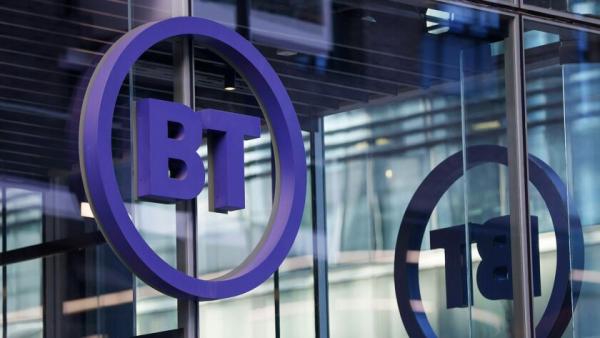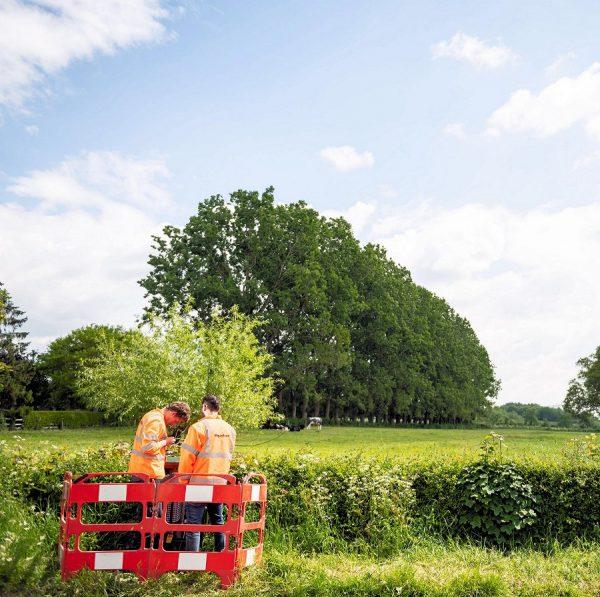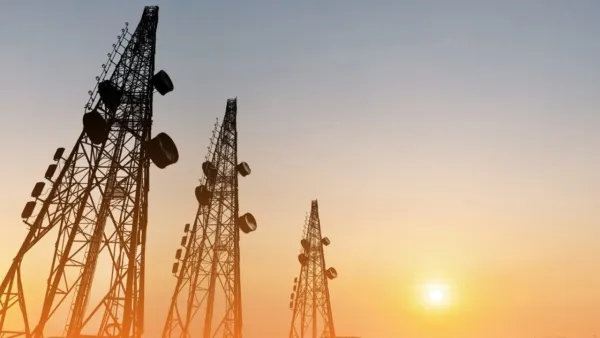Written by Andrew Wooden for Telecoms.com
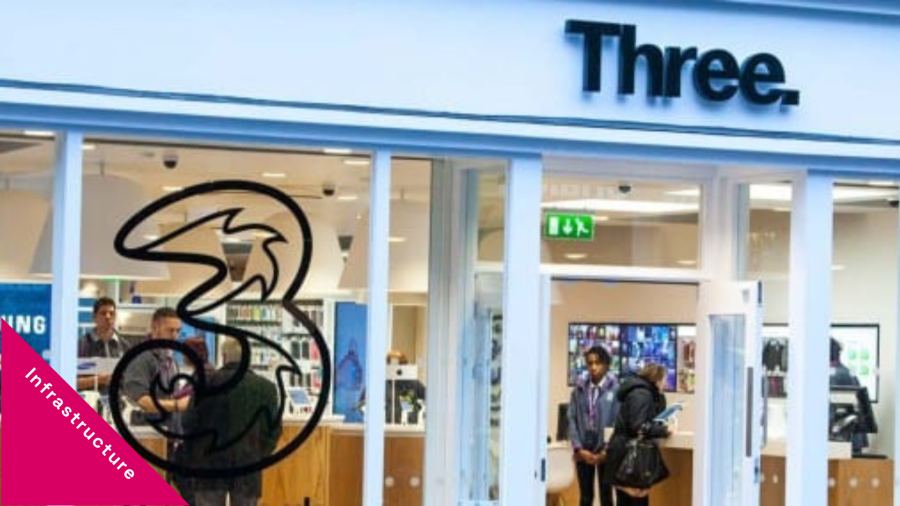
UK operator Three clocked a modest revenue bump of 3% in 2022, but it says the cost of building out network infrastructure in the current system is unsustainable, as merger talks with Vodafone roll on.
Three’s revenue was up 3% to £2.5 billion for the year ending December 31 2022, and margin grew by 6% 1.53 billion. The operator attributes this to growth in the customer base, which was up 6% to 10.3 million customers during the period. The Three network itself now covers 99% UK outdoor population, and carries 28% of the UK’s mobile data traffic, we’re told.
Three’s CFO Darren Purkis told Telecoms.com: “We continue to outperform the market on contract customer additions, adding almost as many contract connections in the last year as our competitors combined. All lines of business grew last year, which was encouraging… strong margin growth was partially offset with cost pressures in the business. Capex fell by 5% last year, although that remains elevated with continued investment into both our network rollout on it and technology systems. On 5G we’re now in 588 locations and covering 60% of the UK population. So we’ve made some real progress in the last 12 months on that that 5G rollout.”
These successes are tempered somewhat by the operator’s outlook for the future. Three says the ongoing requirements to pour money into developing the UK’s networks is ‘unsustainable’ in its current form, and that structural change is needed.
“All of that said, we’ve been fairly clear about this being an inflection point now,” added Purkis. “Whilst we’re making good progress, our returns continue to be below that cost of capital and our EBITA remains below our CAPEX position. Looking ahead, high levels of investment is still needed to deliver the networks that the UK requires. Those levels of invasive CAPEX spread across the current set of individual players, we see as unsustainable. We do believe structural change is needed in the industry to provide that great connectivity, which is critical for how the UK now lives and works.”
“We’ve been investing in higher levels of CAPEX than we’ve been generating for the last three years, which ultimately is an outflow of cash. So we’re having to fund that and that’s unsustainable. You can’t keep spending more than more than you generate.”
It’s no secret now that Three is in talks with Vodafone over a potential merger, the subsequent pooling of resources this would bring is seen by the operator as a solution to the high costs of infrastructure development
“There’s a lot more to do in the network, and therefore for us structural change, or the merger that we’re in talks on, gives an opportunity for a combined business to invest much higher levels because the scale of that business. That will give the UK a much better and faster 5G rollout than the individual businesses can do on their own.
“Equally, that provides a much bigger network – that merged business would then want to fill the network – and provides a real competitive offering. Our view is it’s good for consumers. And it provides a market leading network and infrastructure in the UK that’s lacking at the moment.”
When asked how the talks with Vodafone are going, Purkis told us: “I can’t give a forecast of if and when they will conclude – if we get to a deal that’s great, but all I can say is talks are positive and they’re progressing well.”
The point that telcos can’t, or won’t, continue to pour money into networks if they are not getting much of a return on doing so is one often made across the international market, in varying ways. Some see the solution as sending Big Tech a bill for some of the damage of throwing up masts, since cloud and streaming services account for big chunks of overall network usage.
In the UK, merging Three and Vodafone seems to be a more plausible approach to this problem, even if it would only benefit the two of them. Historically regulators have seemingly preferred to the keep the number of operators at four for competition reasons (the other two being O2 and EE), however if the costs of building and maintaining networks can’t be clawed back in sufficient revenue hikes in the present set up, insisting upon this could start to look less of a reasonable position.
Click here to read the original article.

